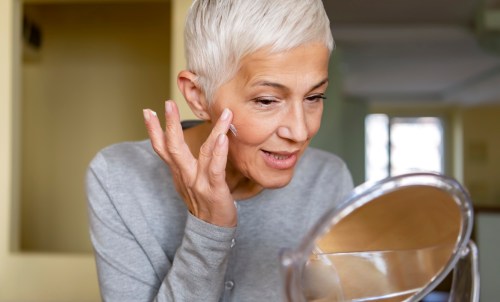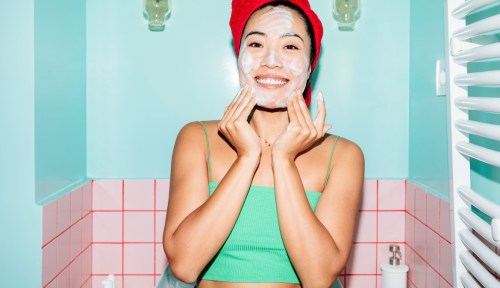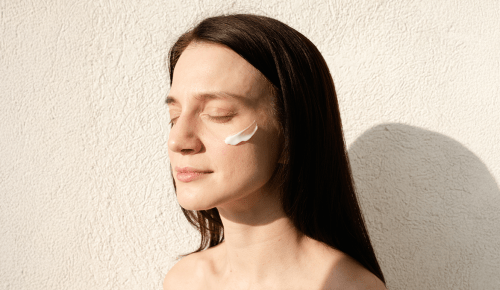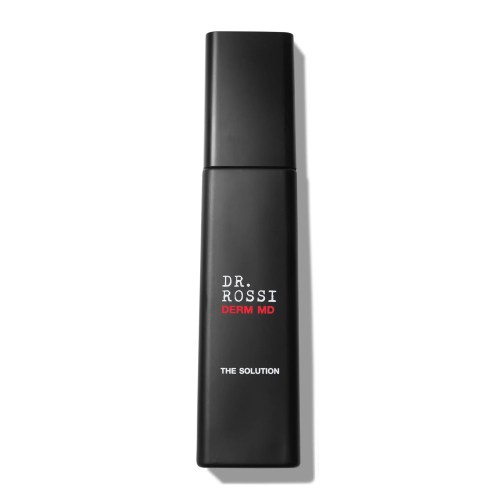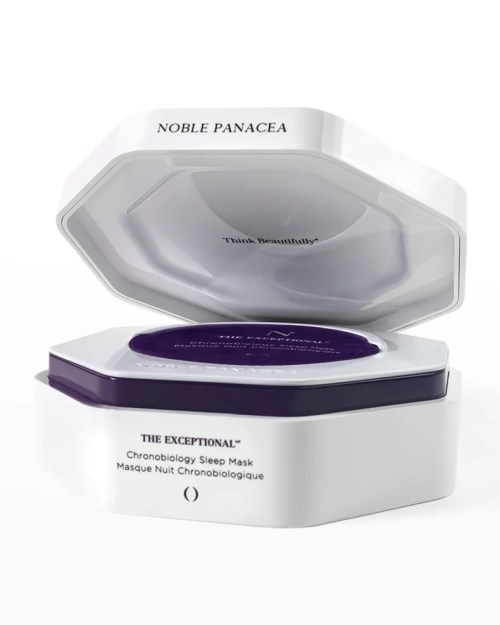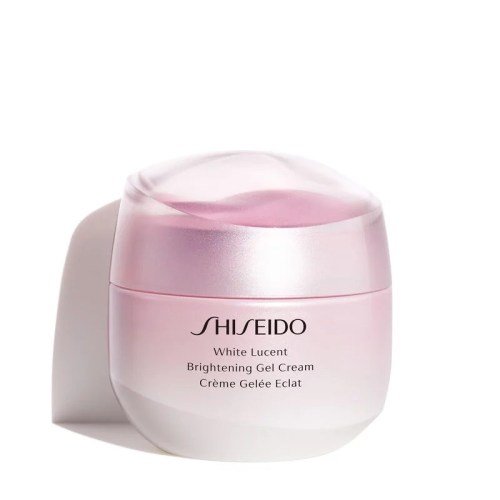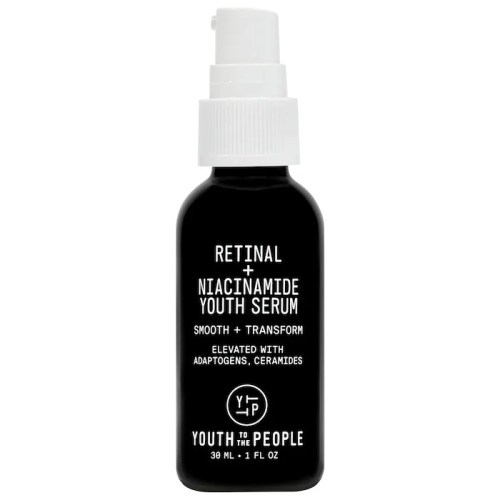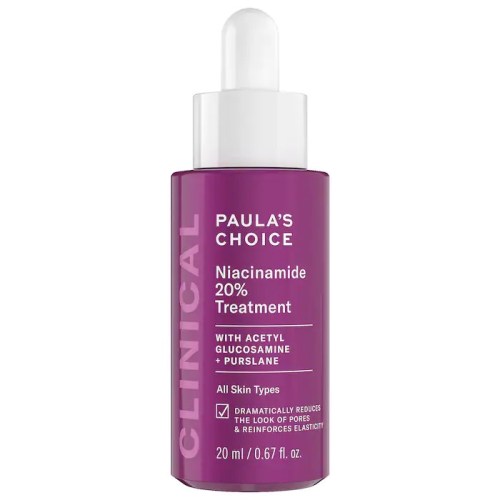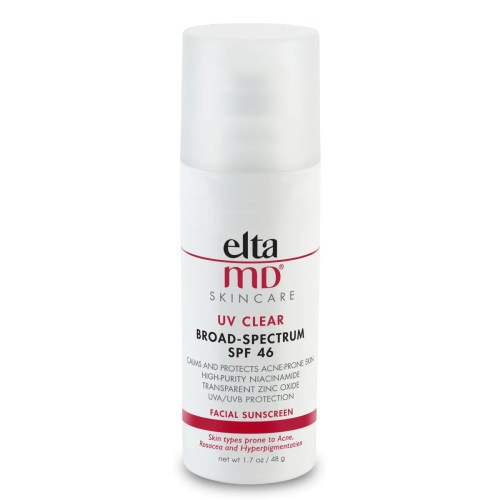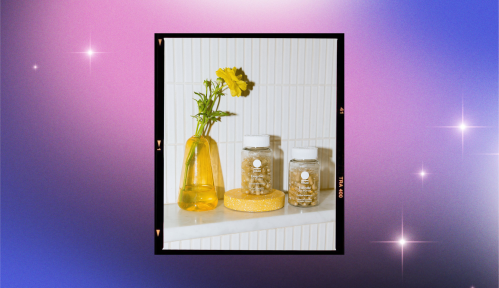Our editors independently select these products. Making a purchase through our links may earn Well+Good a commission
The term “discoloration” actually encompasses a whole lot of different things, including age spots, melasma, or what pros call “post-inflammatory trauma” (aka acne scarring). And regardless of what type of dark spots you’re dealing with, it’s a well-known fact that they can be one of the most difficult skin concerns to treat. However, that doesn’t mean all hope is lost: By adding the right combination of ingredients to your routine, derms say you can start to see a real difference in their appearance.
Experts in This Article
Dr. Anthony Rossi is the founder of Dr. Rossi DERM MD.
celebrity esthetician and facialist advisor at skincare brand Noble Panacea
board-certified dermatologist and clinical instructor of dermatology at Weill Medical College of Cornell University
board-certified dermatologist in Hackensack, NJ
“Some sunspots are caused by damage from years past and some are caused by current damage,” says Gina Mari, facialist advisor for Noble Panacea. “The key to lessening the appearance is not only prevention, but key product ingredients that include both brightening and exfoliating properties.” Since dark spots are worsened by sun exposure, using SPF every day is a must for preventing future damage.
As for how to deal with discoloration you’ve already got? Keep scrolling for the ingredients that will give you the most bang for your buck.
1. Vitamin C
Dr. Lolis calls vitamin C “the best-known ingredient to brighten dark spots.” Not only is it a potent antioxidant, which means it helps protect against future discoloration, but it also repairs cellular damage to help diminish the appearance of existing ones. “In the skin, it prevents and fades common hyperpigmentation disorders such as sunspots and melasma by reducing melanin production,” she says.
The ingredient comes in different forms, but your best bet is to look for L-ascorbic acid, which is considered the most stable and effective option. What’s more, “the vehicle is important,” says Dr. Lolis, noting that because serums tend to have the highest concentration of vitamin C, they’re usually more effective than creams and lotions. Just keep in mind that it can be irritating to sensitive skin types, so Dr. Lolis suggests starting with a low-concentration (around 10 percent) and doing a patch test before slathering it all over your face.
2. Hydroquinone
Hydroquinone, which is typically used as a bleaching cream, comes highly recommended by dermatologists across the board.“Hydroquinone is a topical skin lightening ingredient used to treat hyper-pigmented skin conditions such as melasma and post-inflammatory hyperpigmentation, like what you’d get after acne,” says Hadley King, MD, a board-certified dermatologist based in New York City.
It works by interfering with melanin production, explains Anthony Rossi MD, FAAD, FACMS, founder of DR. ROSSI DERM MD, and it’s available in various strengths. “Hydroquinone can be found over the counter in 2% formulations or as a prescription in 4% formulations,” says Margarita Lolis, a board-certified dermatologist at Schweiger Dermatology Group in New Jersey.
But just because you can get it over the counter, it doesn’t mean you should: Though hydroquinon’s pigment-lightening properties can be effective for getting rid of dark spots, using it for long periods of time can actually be dangerous and create hyperpigmentation, which is the opposite of what you want. “We limit the use to three months due to the possible risk of something called ochronosis, which would cause discoloration of the skin,” says Dr. King (Dr. Lolis mentioned this as well). It’s also rumored to thin skin and is considered unsafe to use during pregnancy, so we’d recommend chatting with a derm before using it
If you do want to try the ingredient, there are a few other important things to know. For starters, it can be irritating on sensitive skin, so you’ll want to take the “low and slow” approach to adding it to your routine (meaning you should start out with a low concentration, and only use it once a week until you build up tolerance). More importantly, anyone using hydroquinone should prepare to commit to being extra diligent about sun protection. “The effect of skin lightening achieved by hydroquinone is reversible with exposure to sunlight and therefore requires regular use until the desired results are reached,” says Dr. King. “It’s critical to concurrently use sun protection to achieve results.”
3. Niacinamide
Dr. Rossi and Dr. King both love this ingredient for brightening the complexion. It’s a potent antioxidant that—like vitamin C and hydroquinone—inhibits melanin production. “Some studies have found that niacinamide may help reduce the appearance of age spots and other forms of skin discoloration,” says Dr. King. It provides other benefits, too: “Studies have shown that topical niacinamide can have stabilizing effects on the skin’s barrier function, which can help improve moisture retention,” she adds. It’s a potent antioxidant that’s known to be less irritating than vitamin C, which makes it a worthy addition to your a.m. routine.
According to the pros, niacinamide plays well with others, and can be used alongside vitamin C and lactic acid (a gentle AHA with brightening benefits) to amp up its powers even further. In addition to fading dark spots and reducing redness, niacinamide also “increases the skin’s production of ceramides, which help strengthen the skin barrier, preventing loss of moisture,” says Dr. King.
Additional effective ingredients
1. Licorice extract
Dr. King is a fan of antioxidant-rich licorice extract, which supports skin brightening by reducing the oxidative stress that causes dark spots.
2. Alpha-hydroxy acids
AHAs, like glycolic acid, can chemically break the bonds between dead skin cells, “effectively removing the outermost layer of skin, and revealing the underlying brighter skin,” says Dr. Lolis. If you’re on the sensi-side, she recommends trying lactic or mandelic acids, which tend to be gentler on the skin. Lastly, Mari says PHAs (polyhydroxy or “fruit” acids) are “great for exfoliating and reversing the signs of sun damage.”
3. Retinol
Retinol is a dermatologist favorite thanks to its ability to stimulate cell turnover, which—in addition to diminishing the appearance of fine lines and clearing away acne—can help to brighten your complexion. “It has always been my go-to for brightening,” says Mari.
Shop brightening treatments
Dr Rossi Derm MD The Solution — $78.00
Get your niacinamide and lactic acid in one fell swoop. This brightening essence is gentle enough for sensitive skin, and can be used every day.
Noble Panacea’s Chronobiology Sleep Mask — $310.00
Prepare to wake up with an even, radiant complexion: This formula places retinol alongside PHAs, and works with your circadian rhythm to brighten skin while you sleep.
Shiseido White Lucent Brightening Gel Cream — $70.00
Chock full of vitamin C, brightening plant actives, and other antioxidants, this overnight cream provides an instant glow while simultaneously working to fade dark spots over time.
Youth to the People Retinal + Niacinamide Serum — $68.00
Another one-two punch that’s great for sensitive skin, this serum touts retinal (a plant-based retinol alternative that’s far gentler than the real thing) and niacinamide.
Newsflash: You Can Wash Your Hair Every Day, According to This Haircare Brand Founder

Scarlett Johansson’s Morning Skincare Routine Is All About Simplicity—Here’s How She Starts Her Days Out Right

Tons of Elizabeth Arden Skincare Finds Are on Major Sale at Walmart Right Now—Here’s What a Dermatologist Is Eyeing
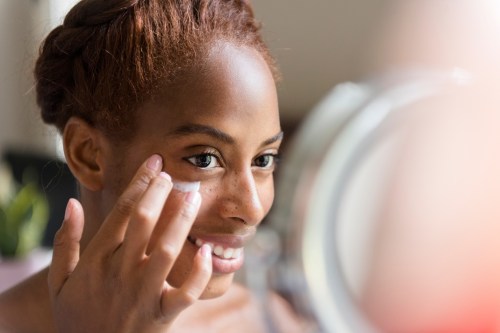
Paula’s Choice 20% Niacinamide Serum — $50.00
Fan-favorite Paula’s Choice comes in hot with a 20-percent concentration of heavy-hitting niacinamide (which is considered clinical strength), plus vitamin C and skin-brightening acetyl glucosamine.
EltaMD UV Clear Facial Sunscreen — $39.00
Diminish your current dark spots while protecting against future ones with this derm-beloved sunscreen. It pairs SPF with niacinamide, making it the ultimate option for daily defense.
(Note: get hydroquinone from your derm—that’s the safest way to make sure you’re getting the best product for your skin!)
Want even more beauty intel from our editors? Follow our Fineprint Instagram account) for must-know tips and tricks.
Sign Up for Our Daily Newsletter
Get all the latest in wellness, trends, food, fitness, beauty, and more delivered right to your inbox.
Got it, you've been added to our email list.
